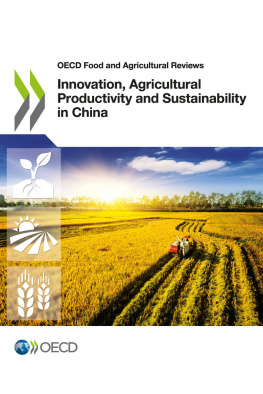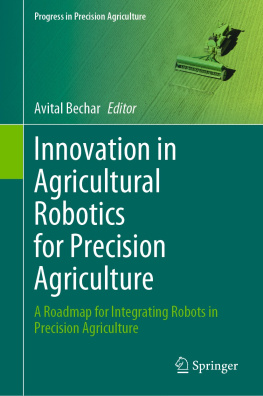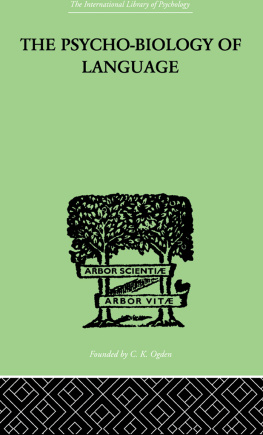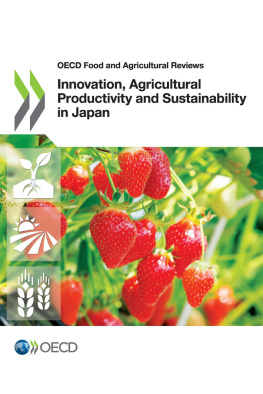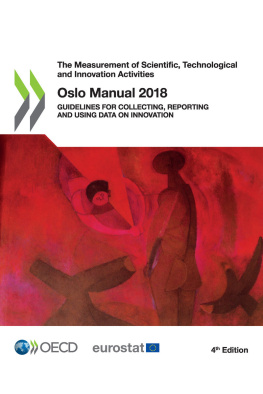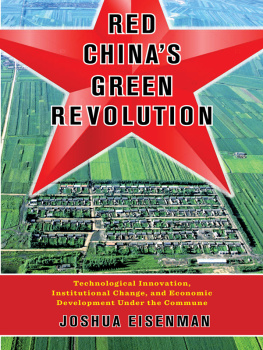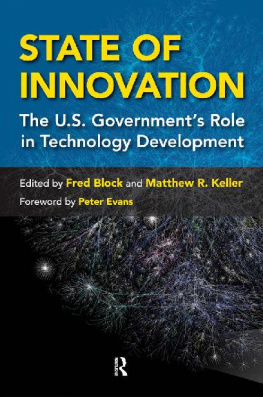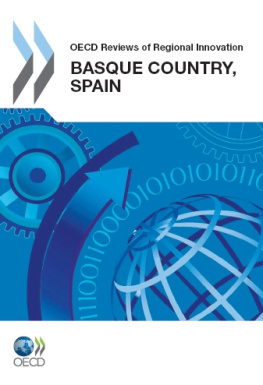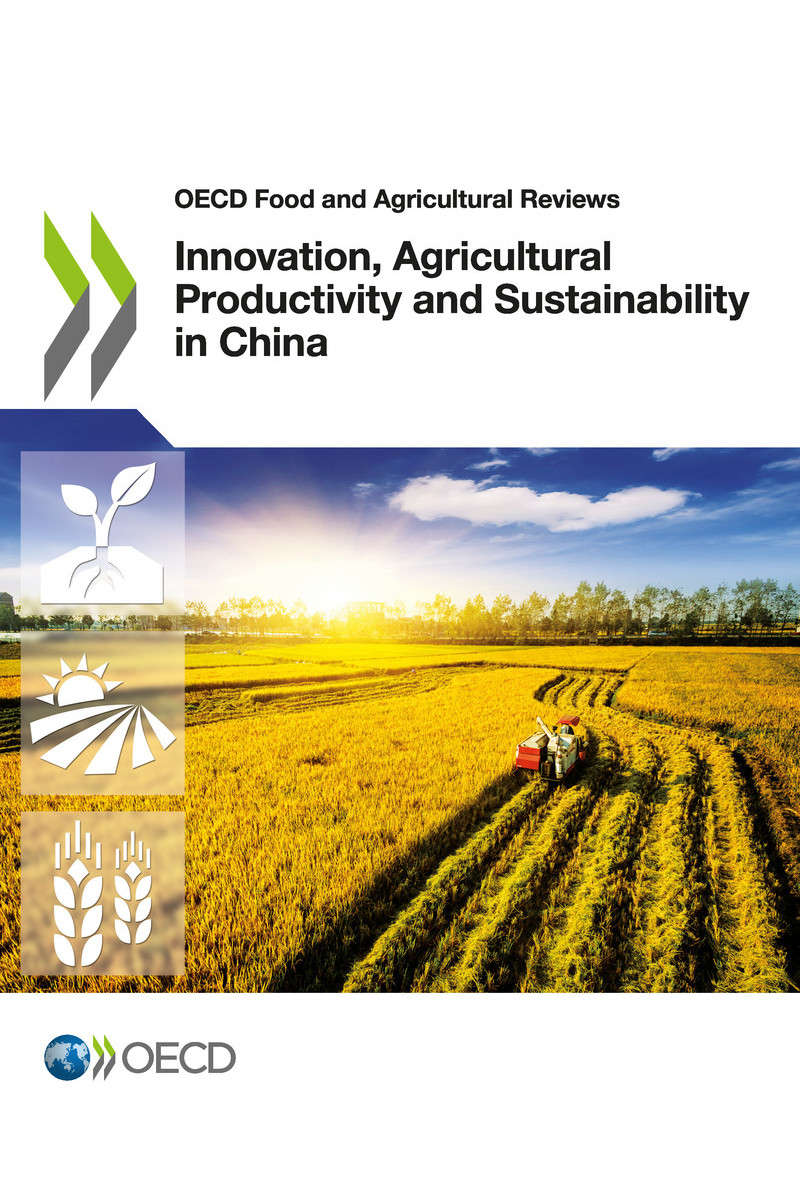Innovation, Agricultural Productivity and Sustainability in China is a part of the OECD Food and Agricultural Reviews series. The review was implemented in collaboration with the Development Research Center of the State Council of the Peoples Republic of China.
The review examines the conditions in which farms and businesses in China undertake innovation in the food and agriculture sector to become more productive and environmentally sustainable. It starts with an overview of the food and agriculture sector and outlines development challenges and opportunities (Chapter 2). A wide range of policies which influence incentives for innovation are then examined: a favourable and predictable environment for investment (Chapter 3); capacities and public services enabling business development (Chapter 4); agricultural policy (Chapter 5); and, the operation of the agricultural innovation system (Chapter 6).
Policies in China are analysed following a framework developed by the OECD as part of its work on agricultural innovation and in response to a request from the G20 in 2012 under the Presidency of Mexico to evaluate the extent to which a wide range of policies facilitates productivity growth and sustainability in food and agriculture. The framework has been applied to Australia, Brazil, Canada, Estonia, the Netherlands, Sweden, Turkey and the United States; additional reviews are underway or planned.
Acknowledgements
This review was prepared by Shingo Kimura and Guillaume Grure from the OECD Trade and Agricultural Directorate, with contributions from Julien Hardelin, Laura Munro, Juliane Jansen, Jane Korinek, Christina Arriola, Rohini Patel. Lihan Wei, Urszula Ziebinska, Karine Souvanheuane, Fabiana Cerasa, Zeynep Oral, Hiroshi Akai and Erina Sei provided statistical support. Martina Abderrahmane and Maurice OBrien provided editorial assistance and publication support. OECD country reviews on Innovation, productivity and sustainability in agriculture are led by Catherine Moreddu. Frank van Tongeren, Head of Policies in Trade and Agriculture division, provided overall management. Guoqiang Cheng led the collaboration with the Development Research Center of the State Council of Peoples Republic of China.
The inputs to this review also included several background reports by consultants: on agricultural policy by Mande Zhu from Guizhou University, on agricultural innovation system by Bingchuan Hu from the Institute of Rural Development of the Chinese Academy of Science, on structural change of agriculture, land and labour by Xiaobing Wang from Peking University; on agricultural and agri-environmental policy and sustainable agricultural development by Wusheng Yu from the University of Copenhagen; and on water policy by Jinxia Wang from Peking University. The review also draws on OECD analyses in other economic and social policy fields, and uses cross-country comparable indicators developed by the OECD and other international institutions, such as the World Bank and the World Economic Forum.
This report has benefitted from comments from Guoqiang Cheng (DRC), Hongxing Ni, Liang biao Chen and Yinghua Zhou (Ministry of Agriculture), Xuhua Sun and Shantao Zhu (Ministry of Finance), Hanquan Huang, Min Kang, Tianchao Qiu and Changyun Jiang (NDRC), Zhouyi Zheng (Ministry of Science and Technology), Zhixiong Du (CASS), Jikun Huang and Yu Sheng (Peking University) and discussion with them. It has also received valuable comments from Andrzej Kwiecinski, Carmel Cahill and Emily Gray of the OECD Trade and Agricultural Directorate. Feng Wei and Yingyue Wang of DRC provided valuable support in implementing the project.
This review was declassified by the Working Party on Agricultural Policies and Markets in November 2017, in which Australia and France played the role of lead discussants.
Acronyms
ABC
Agricultural Bank of China
ACWF
All-China Womens Federation
ADBC
Agricultural Development of China
ADB
Asian Development Bank
AIS
Agricultural Innovation System
APO
Asian Productivity Organization
ASEAN
Association of Southeast Asian Nations
ASTI
Agricultural Science and Technology Indicators
ATSE
Advanced Technology Service Enterprises
BRICS
Brazil, Russian Federation, India, China, South Africa
BRIICS
Brazil, Russian Federation, India, Indonesia, China, South Africa
CAS
Chinese Academy of Science
CAAS
Chinese Academy of Agricultural Science
CABI
Centre for Agriculture and Biosciences International
CCB
China Construction Bank
CCCPC
Central Committee of the Communist Party of China
CFDA
Food and Drug Administration
CGIAR
Consultative group on international agricultural research
CIWRHR
China Institute of Water Resources and Hydropower Research

